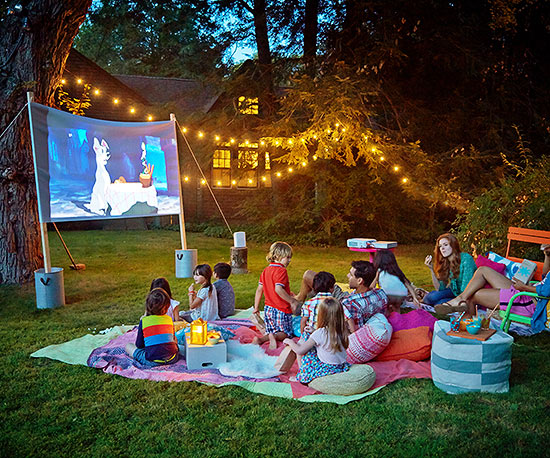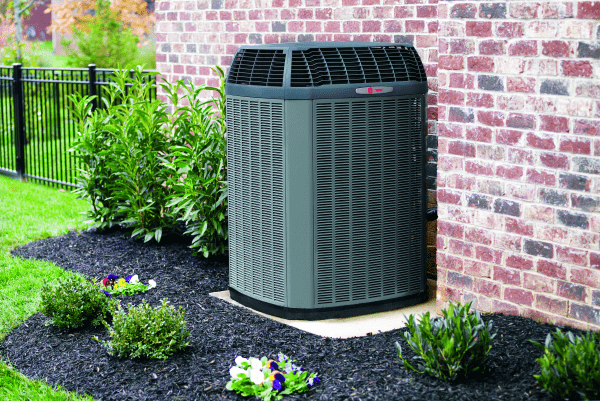Home Modifications for the Aging-in-Place

When your elderly father has decided that he would like to live in his home as long as possible, or it is time to make the mother-in-law’s home a little safer, a few changes in the house need to take place. While every family is unique, most needs of our aging parents are the same. How can we make small improvements with a big impact on their safety and comfort? The following tips are a great place to begin:
-
For the wheelchair-bound person or one who needs to use a walker, add an accessibility ramp to their most-used entry. Contractors who specialize in ADA-compliant improvements can assist with design and added features.
-
Outdoor lighting is essential for everyone’s safety, but there are many options for adding low-voltage lights to posts along ramps and atop porch rails, as well as pathway lighting along walkways.
-
Wherever there are steps, handrails are a must, as well as anti-skid treads to minimize slipping.
-
Change all doorknobs to lever-type handles for ease of opening for those with arthritis or other motor skill issues.
-
Widening doorways is something that may be necessary if wheelchair use is a possibility in the future. Enlarging them to 36” is the general width for ease of use.
-
The type of flooring in the home can impact whether it’s a fall risk for someone who has trouble getting around. Low-pile carpeting or secure low-pile area rugs with double-sided carpet tape or non-slip rug padding is best.
-
A walk-in or wheelchair-accessible shower with a “curbless” entry is a safe choice when remodeling a bathroom. A built-in shower seat and adjustable showerhead are other useful items that can be added to make bathing safer.
-
If a total bathroom remodel is not affordable, simply installing grab-bars to the shower, bath, and toilet area walls will offer security for moving around in the bathroom.
-
Changing faucets in the kitchen and bath to a single lever handle or installing motion-sensor or touch-activated units are perfect for ease of use.
-
Electrical issues to consider: light switches that can be pressed for turning off and on, electrical outlets placed higher than the standard height and adding more interior lighting.
Download this handy publication from AARP for other ideas to assist with setting up your loved one with independent living. Hopefully you and your much-loved senior will look at this stage of life not as a challenge, but rather as a way to keep a distant but watchful eye over them while they maintain their sense of independence and quality of life.
Courtesy of New Castle County DE Realtors Tucker Robbins and Carol Arnott Robbins.
Photo credit: aging in place
.jpg)













